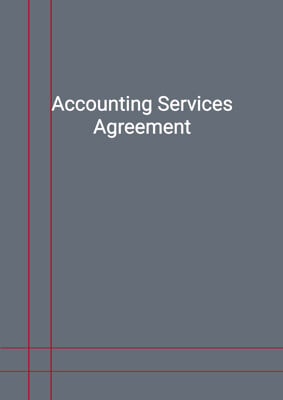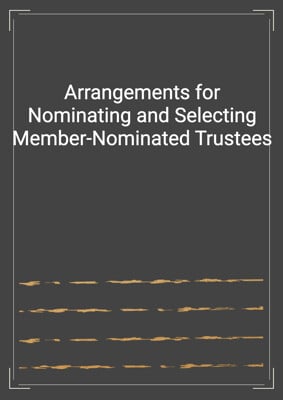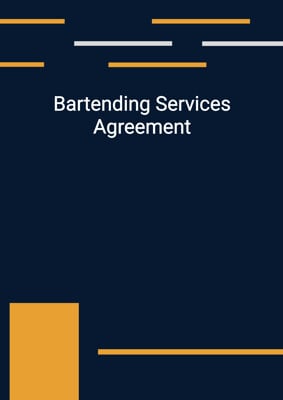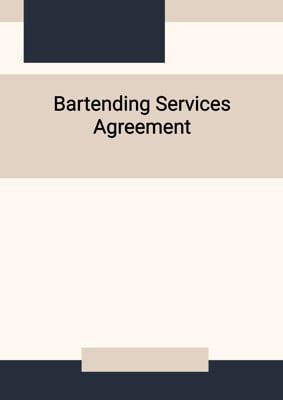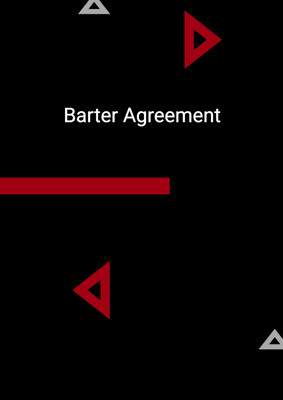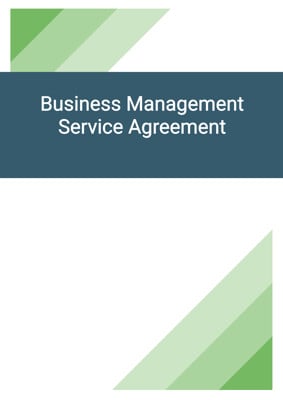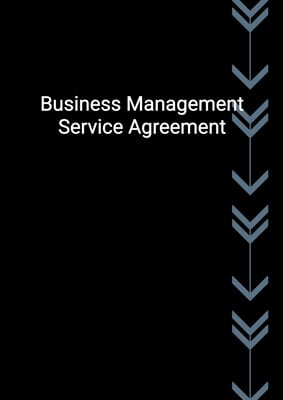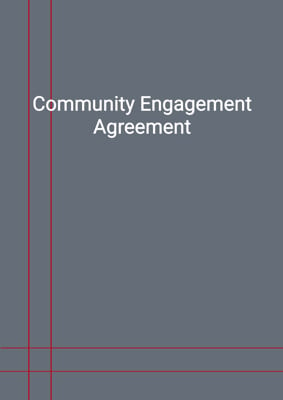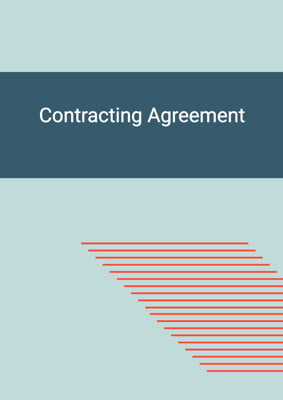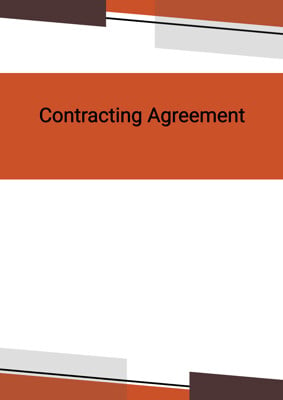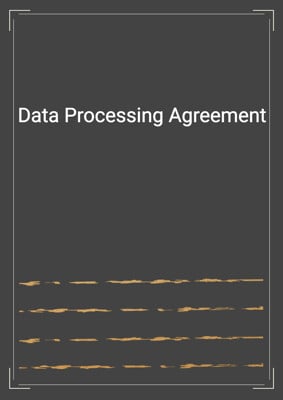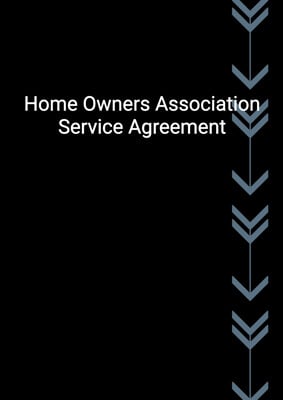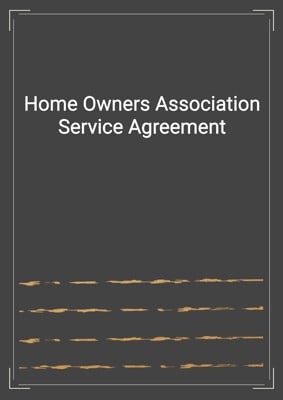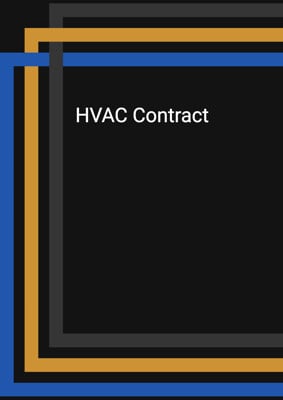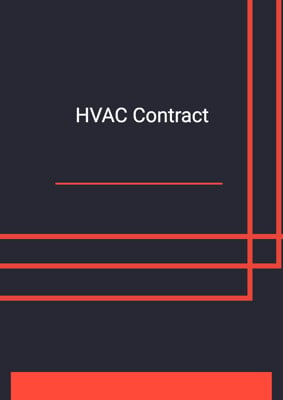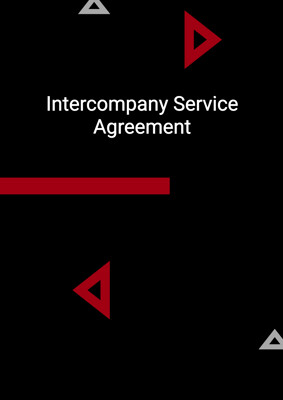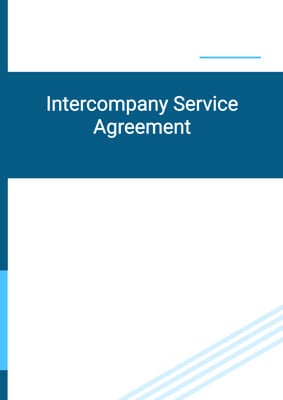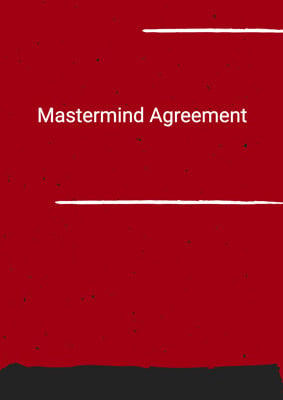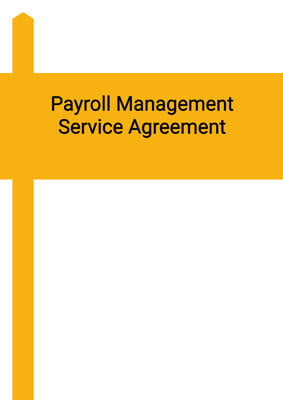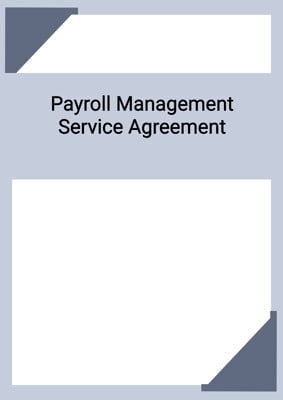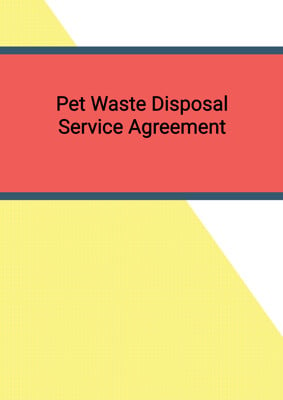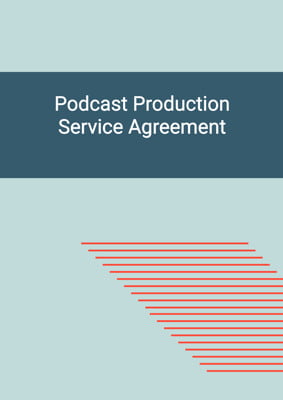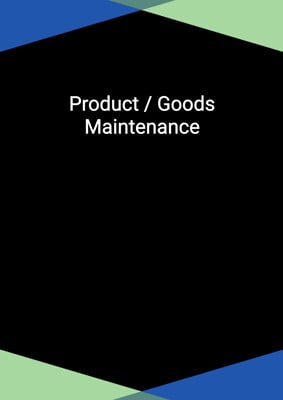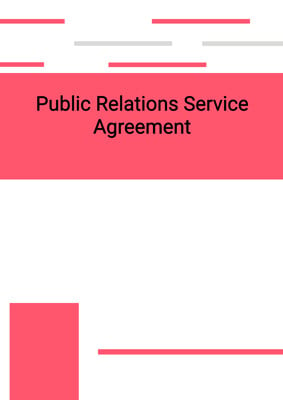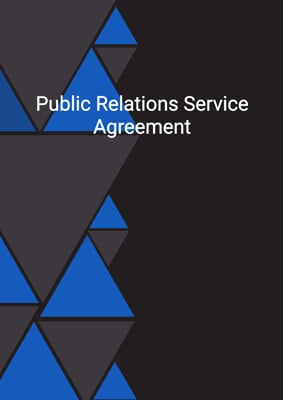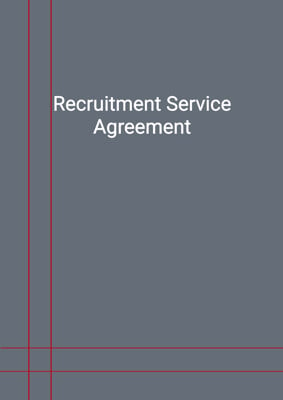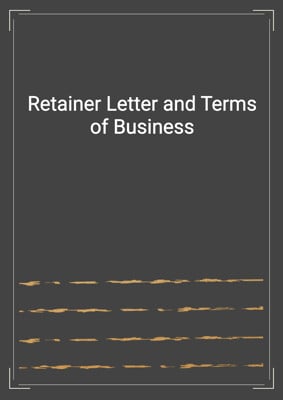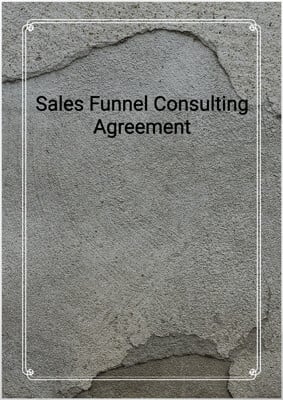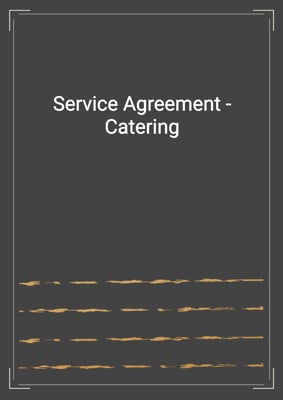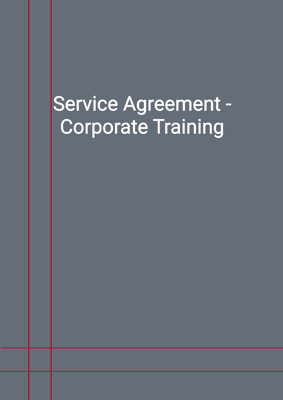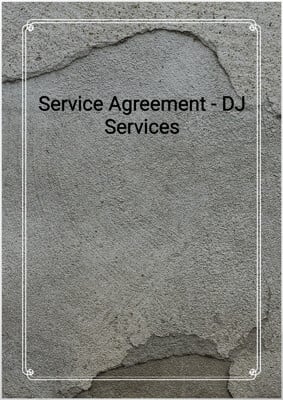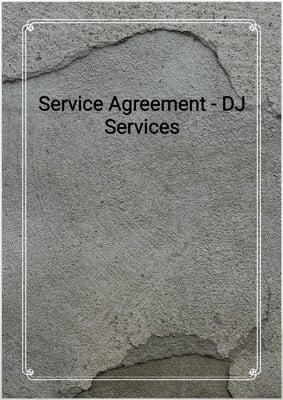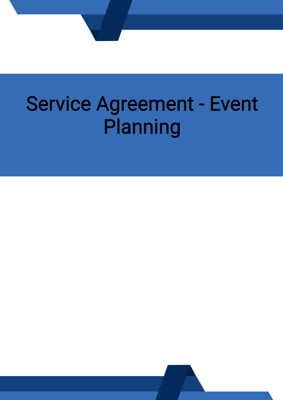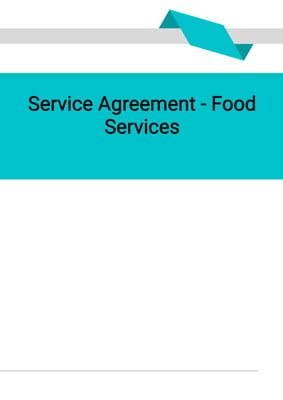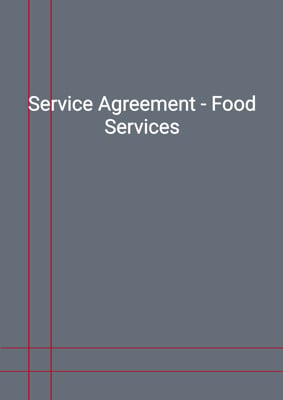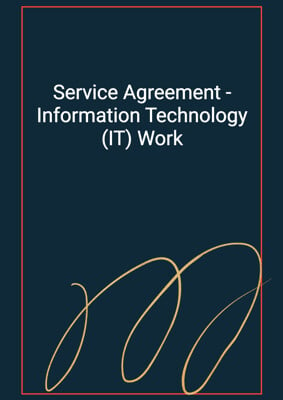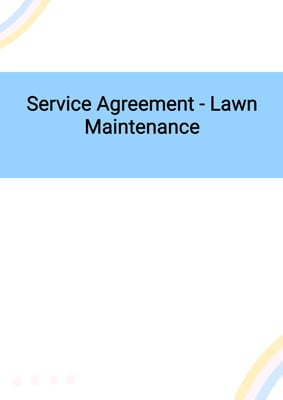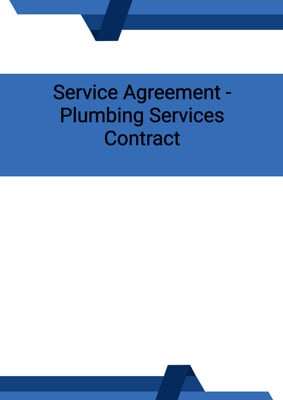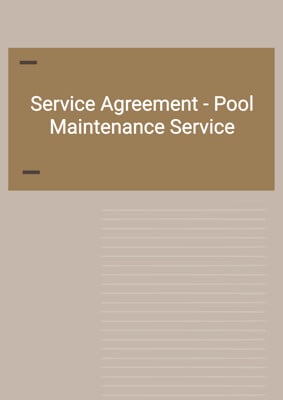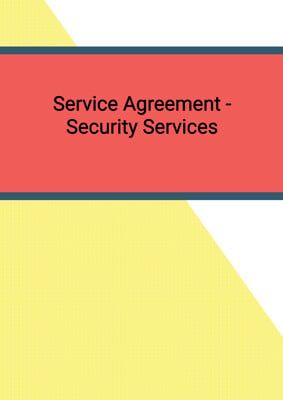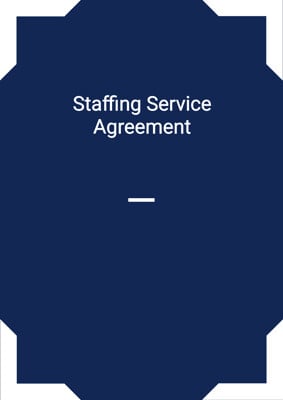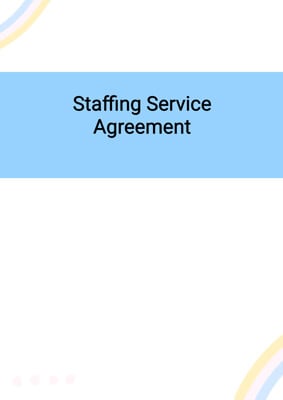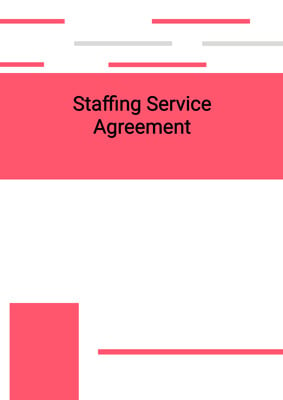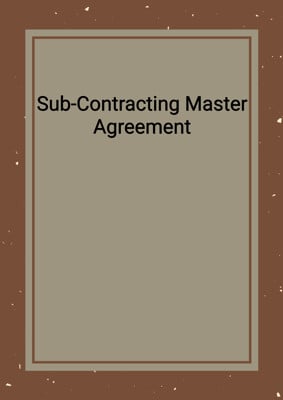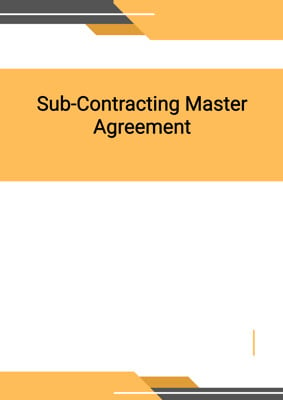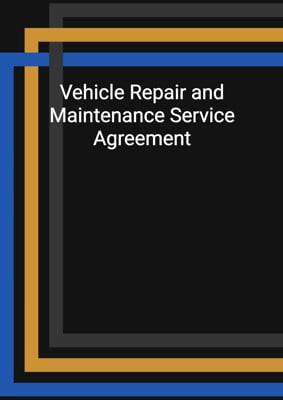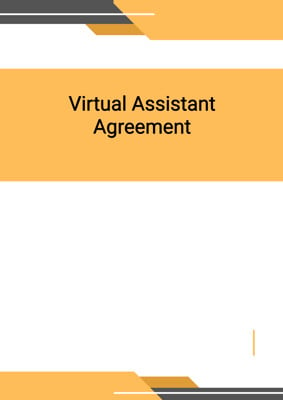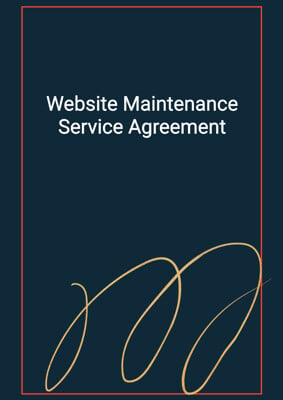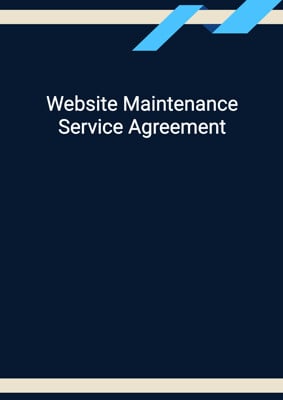How to Tailor the Document for Your Need?
01
Create Document
Fill in the details of the parties. You can click the "Fill with Member’s Information" button to complete it with information saved to your account.
02
Fill Information
Please fill in any additional information by following the step-by-step guide on the left hand side of the preview document and click the "Next" button.
03
Get Document
When you are done, click the "Get Document" button and you can download the document in Word or PDF format.
04
Review Document
Please get all parties to review the document carefully and make any final modifications to ensure that the details are correct before signing the document.
Document Preview
Document Description
This Service Agreement - Catering is a legally binding document that outlines the terms and conditions between the caterer (referred to as Party 1) and the customer (referred to as Party 2) for the provision of catering services. The agreement emphasizes the importance of clearly identifying both parties and their principal places of business. It also highlights the significance of specifying the price and completion date of the work to be carried out by the caterer. The document consists of several sections, each addressing different aspects of the agreement.
Section 1: Interpretation
This section provides definitions for key terms used throughout the agreement, such as 'agreement,' 'work,' 'event,' 'completion date,' and 'agreement price.' It ensures that both parties have a clear understanding of the terminology used.
Section 2: Caterer's Obligations
This section outlines the responsibilities of the caterer. It emphasizes the need for the caterer to carry out the work with due diligence, using good quality ingredients and materials. It also states that the caterer must comply with any instructions or variations issued by the customer and work in compliance with applicable regulations.
Section 3: Completion of the Work
This section specifies that the work should be completed by the completion date. It allows for the possibility of granting an extension of time for completion if there are valid reasons for delay. It also mentions the customer's entitlement to liquidated damages if the work is not completed by the completion date.
Section 4: Defects and Liability
This section addresses the caterer's responsibility to promptly rectify any defects or faults in the work during the event. It ensures that the caterer bears the expense of making any necessary repairs.
Section 5: Assignment
This section states that the caterer cannot assign the agreement or subcontract the performance without the prior written consent of the customer. It protects the customer's interests and ensures that the agreement remains between the original parties.
Section 6: Site Regulations
This section requires the caterer to comply with any health and safety or other applicable site regulations notified by the customer. It also grants the customer the authority to exclude any person employed by the caterer from the site of the work.
Section 7: Payment
This section specifies that the customer must pay the agreement price to the caterer on specific days. It ensures that both parties are aware of the payment terms.
Section 8: Ownership of Materials
This section states that all materials and goods delivered to or placed on or adjacent to the event become the property of the customer. It clarifies that the customer bears the risk of accidental loss or damage to these materials.
Section 9: Injury, Damage, and Insurance
This section holds the caterer liable for any personal injury, death, or damage to property arising from the work. It requires the caterer to indemnify the customer against any expenses, liabilities, losses, claims, or proceedings related to such incidents. It also mandates the caterer to maintain appropriate insurance coverage.
Section 10: Termination
This section outlines the circumstances under which either party can terminate the agreement. It allows for termination in the event of bankruptcy, failure to proceed diligently with the work, or suspension of the work before completion. It specifies the actions that must be taken upon termination.
Section 11: No Rights Under Contracts for Third Parties
This section clarifies that a person who is not a party to the agreement has no right to enforce any of its terms under the law.
Section 12: Arbitration and Proper Law
This section encourages the parties to resolve any disputes amicably and in good faith. It does not impose any specific arbitration or proper law requirements.
Section 13: Notices and Service
This section provides guidelines for serving notices, including delivery by hand, email, or post. It specifies the addresses and contact details of both parties for the purpose of serving notices.
This Service Agreement - Catering is a comprehensive document that covers various aspects of the agreement between the caterer and the customer. It ensures that both parties understand their rights and obligations, and it provides a framework for resolving any disputes that may arise.
How to use this document?
1. Provide information: Enter the caterer's and customer's information in the agreement, including their principal place of business. This ensures that both parties are clearly identified.
2. Specify the price and completion date: Clearly specify the agreed price and completion date of the work to be carried out by the caterer. This will ensure that both parties are aware of the expectations and deadlines.
3. Describe the services: Clearly describe the type(s) of services to be provided by the caterer. This ensures that both parties are aware of the scope of work and can avoid any misunderstandings.
4. Agree on the length of warranty and time of payment: Both parties should agree on the length of warranty and time of payment after the completion of the work. This ensures that both parties are aware of the payment terms and the length of the warranty.
5. Specify damages: If the work is not completed by the completion date, specify the amount of damages per week that the customer is entitled to. This ensures that both parties are aware of the consequences of non-completion.
6. Comply with regulations: The caterer must comply with all applicable local health, food, and safety regulations related to the preparation and services related to food and beverages. This ensures that the caterer operates in a safe and compliant manner.
7. Rectify defects promptly: If any defects or faults in the work are due to substandard ingredients, materials, or workmanship, the caterer must promptly make them good at their own expense. This ensures that the customer receives the expected quality of service.
8. Obtain consent for assignment or subcontracting: The caterer cannot assign the agreement or subcontract the performance without the prior written consent of the customer. This protects the customer's interests and ensures that the agreement remains between the original parties.
9. Comply with site regulations: The caterer must comply with any health and safety or other applicable site regulations notified by the customer. Failure to comply may result in exclusion from the site of the work. This ensures a safe working environment.
10. Make timely payments: The customer must pay the agreed price to the caterer on the specified days. Timely payments ensure that the caterer receives the agreed-upon compensation for their services.
11. Maintain insurance coverage: The caterer must maintain appropriate insurance coverage to cover their liability for personal injury or damage to property arising from the work. This protects both parties in the event of any incidents.
12. Terminate in case of default: Either party can terminate the agreement in specific circumstances, such as bankruptcy or failure to proceed diligently with the work. Termination should be done in accordance with the agreed-upon procedures.
13. Serve notices properly: Notices should be served in accordance with the specified methods, such as delivery by hand, email, or post. The correct addresses and contact details of both parties should be used. This ensures that important communications are received in a timely manner.
By following these steps, both the caterer and the customer can effectively use the Service Agreement - Catering to establish clear expectations, protect their rights, and ensure a successful working relationship.
Not the right document?
Don’t worry, we have thousands of documents for you to choose from:

